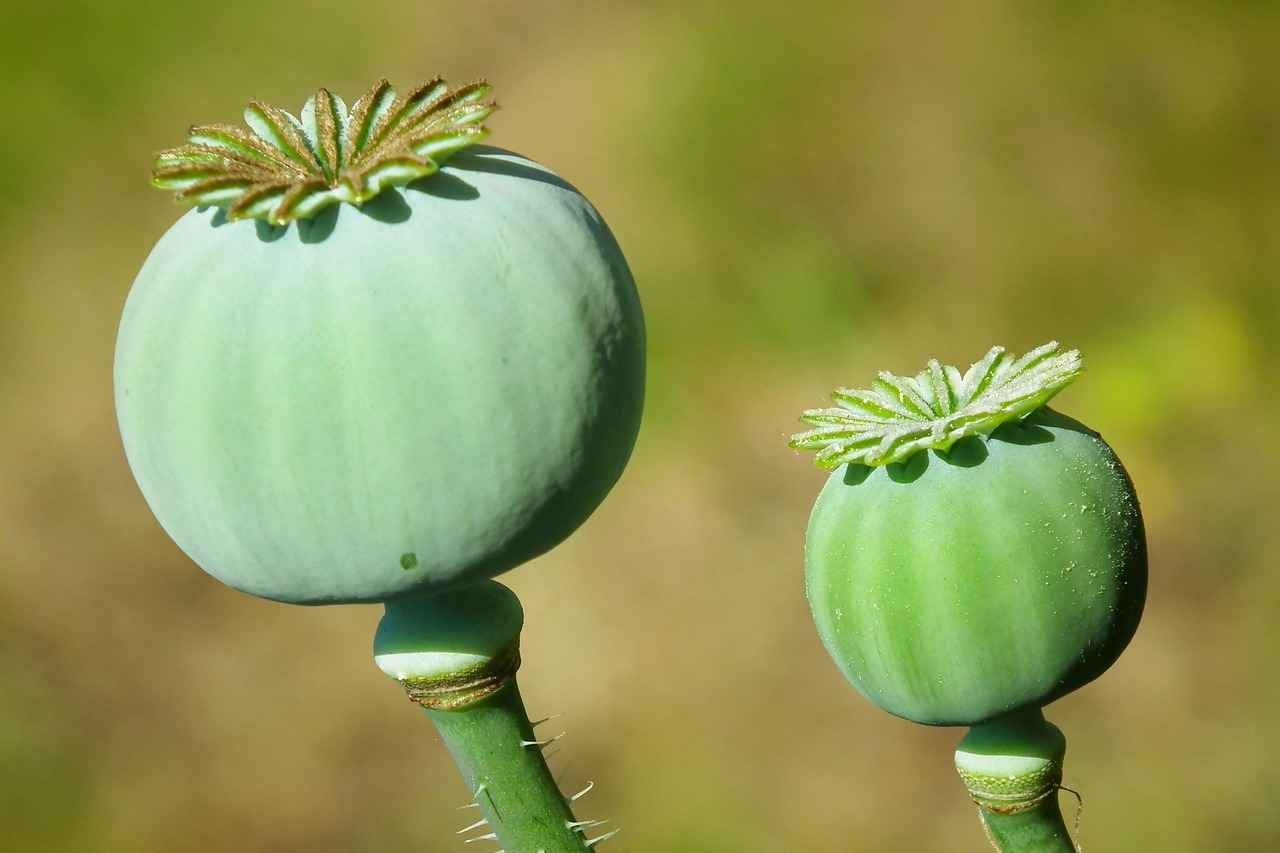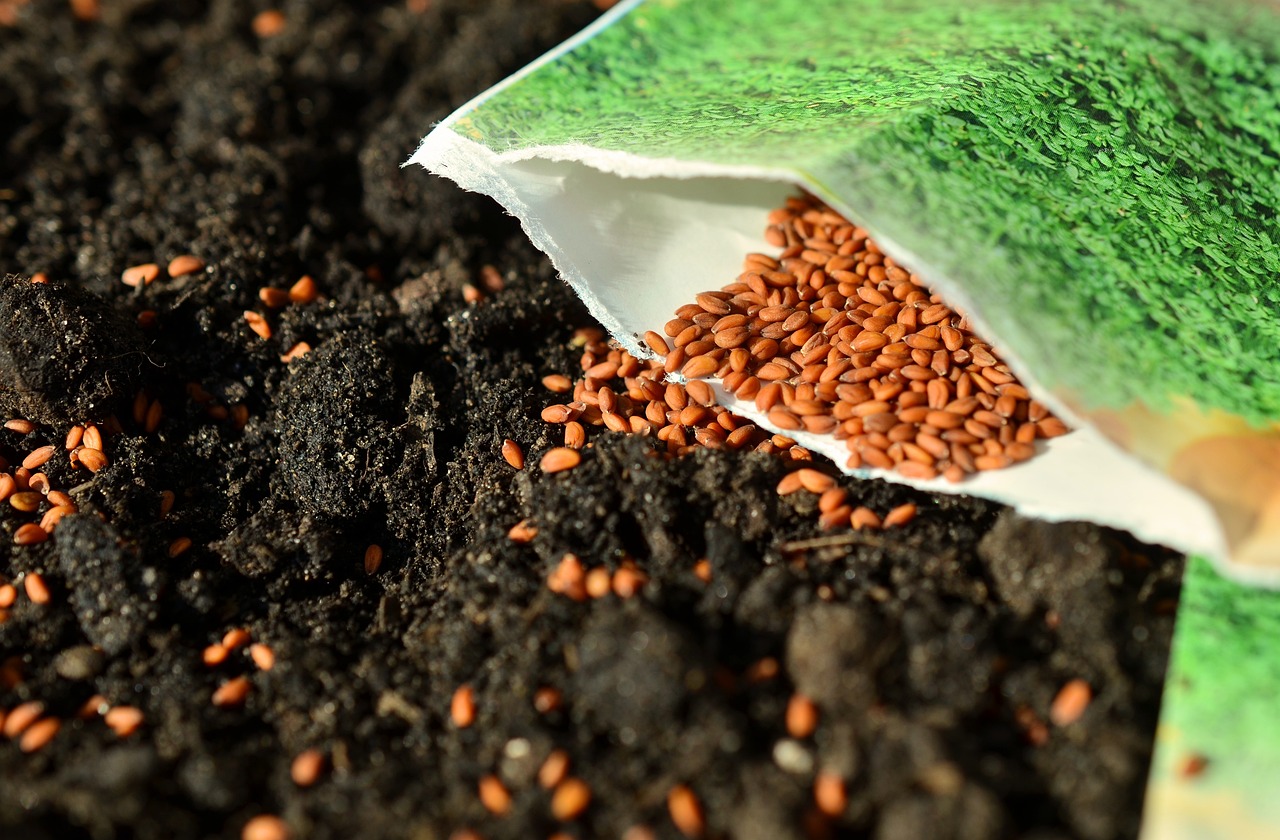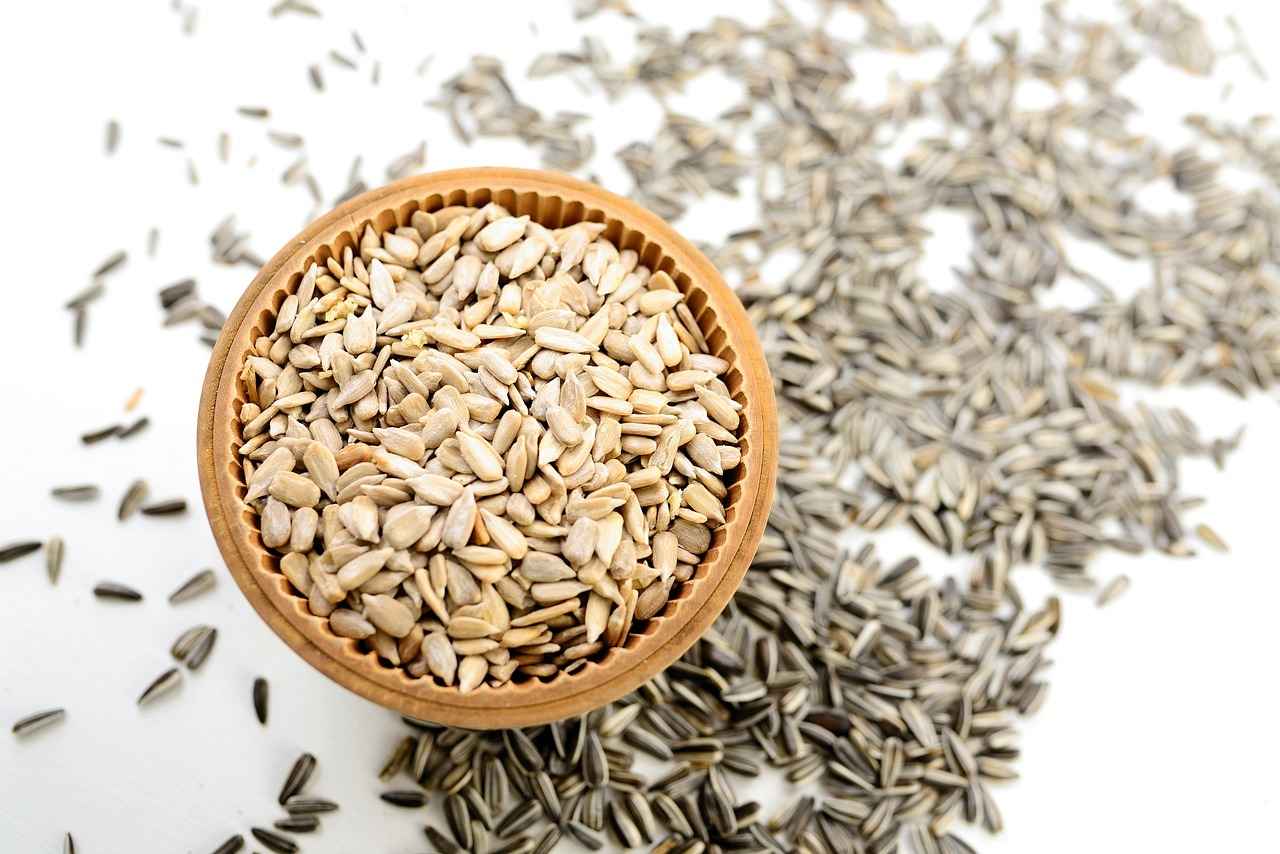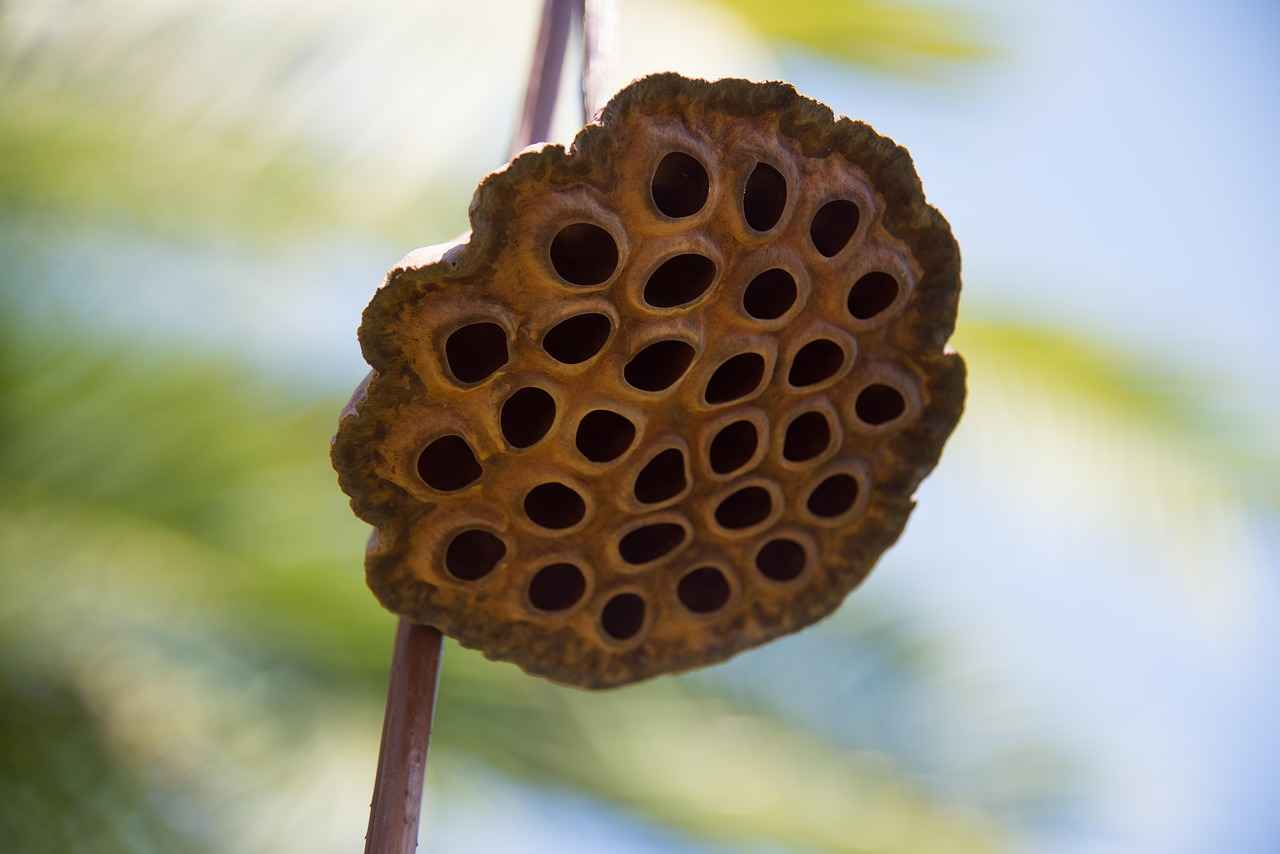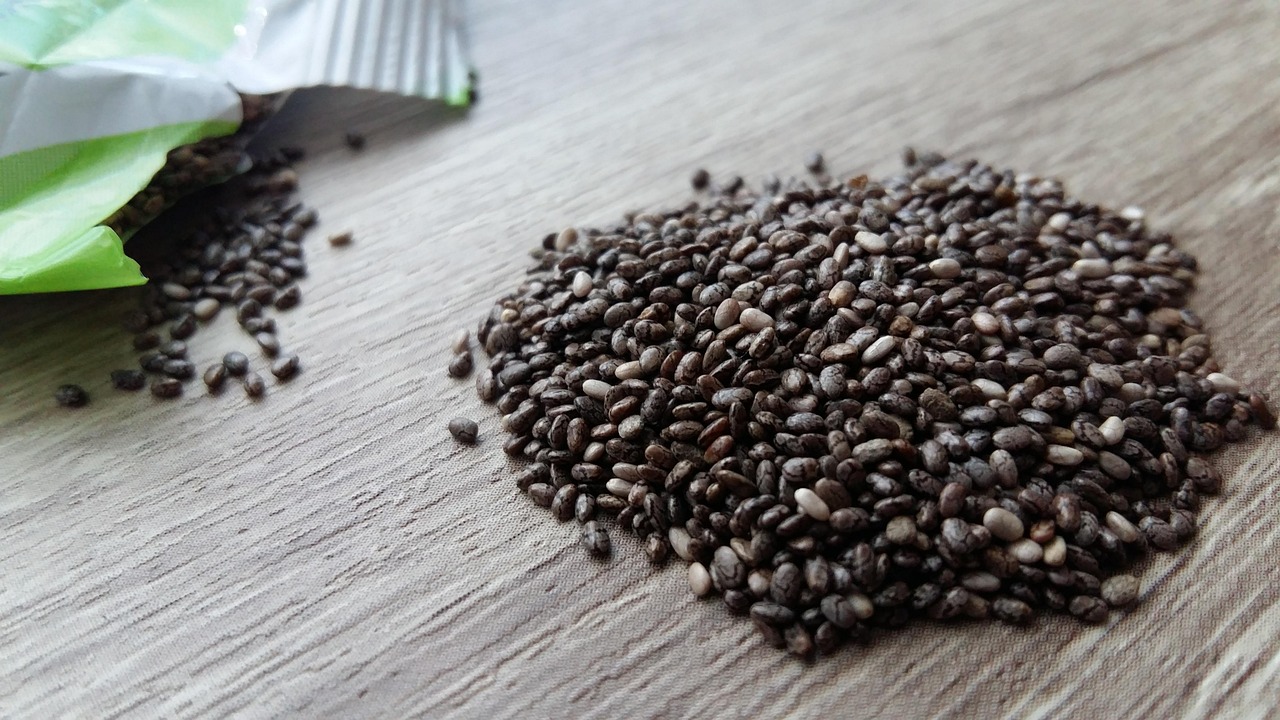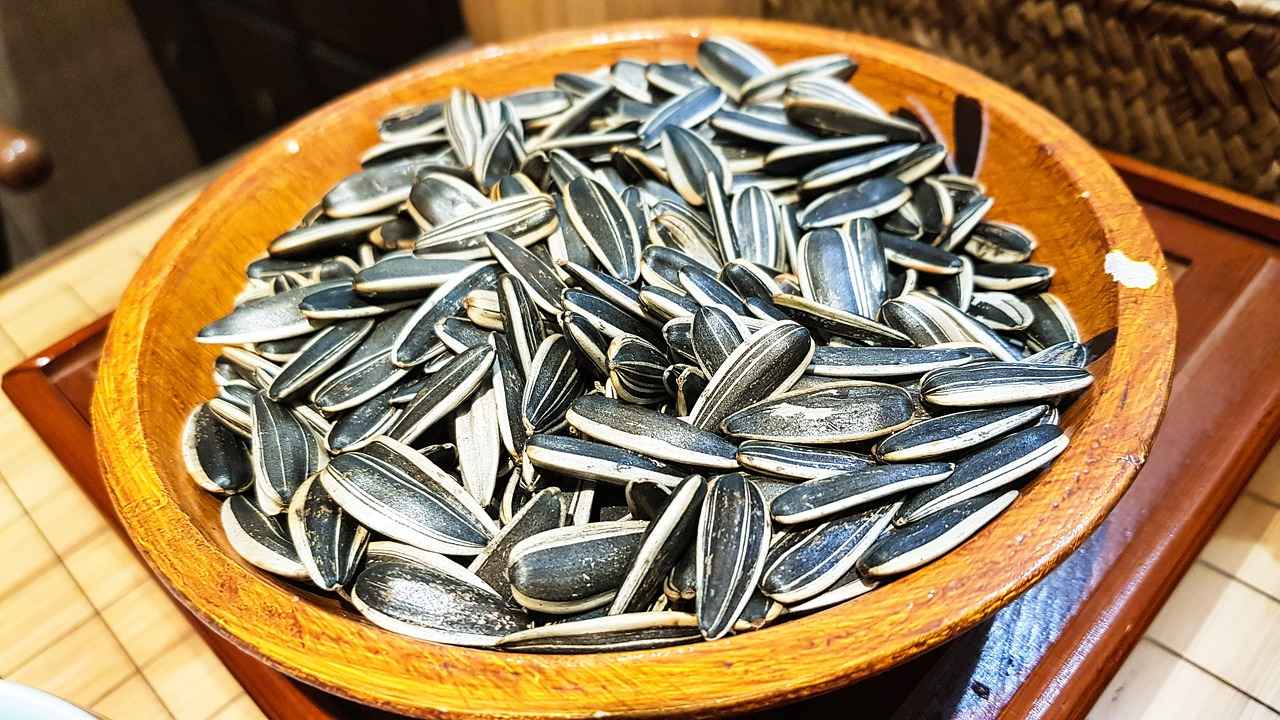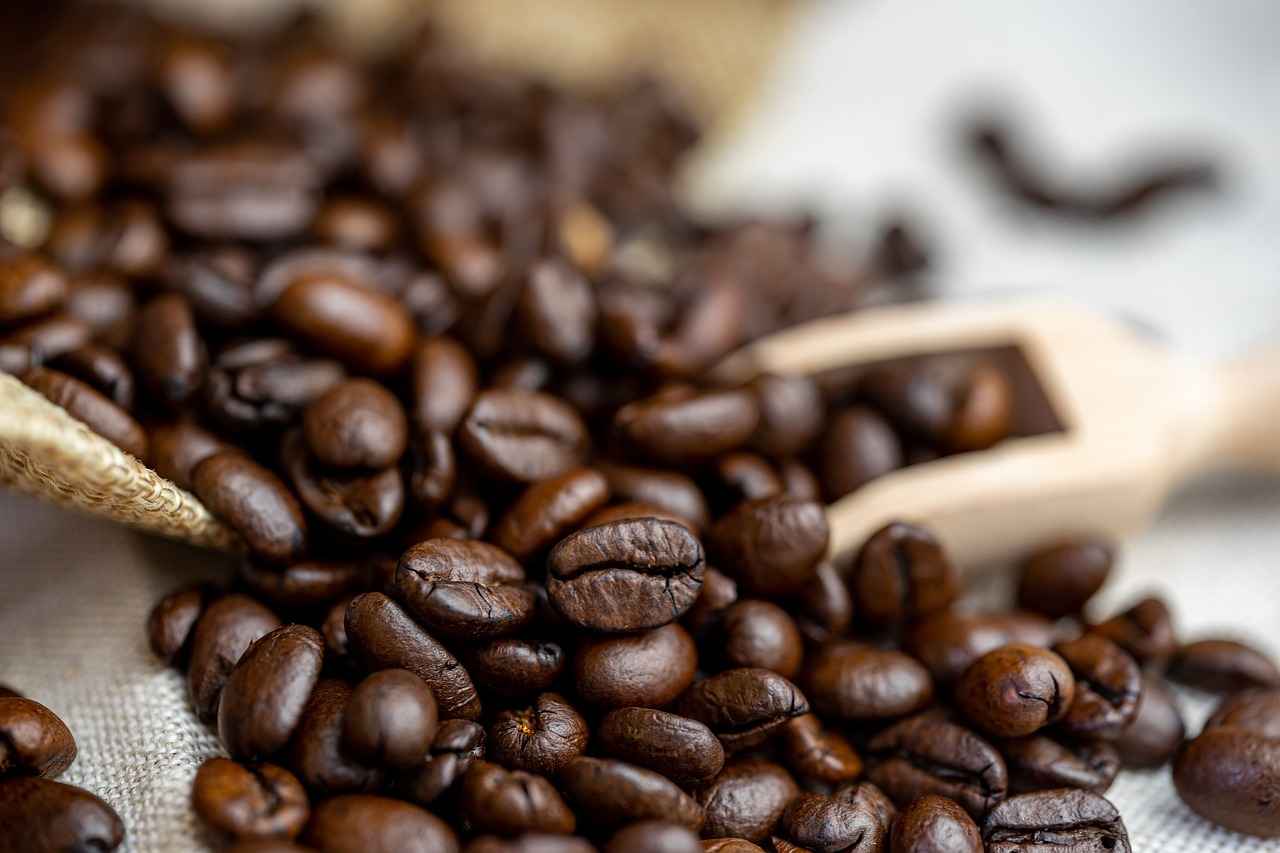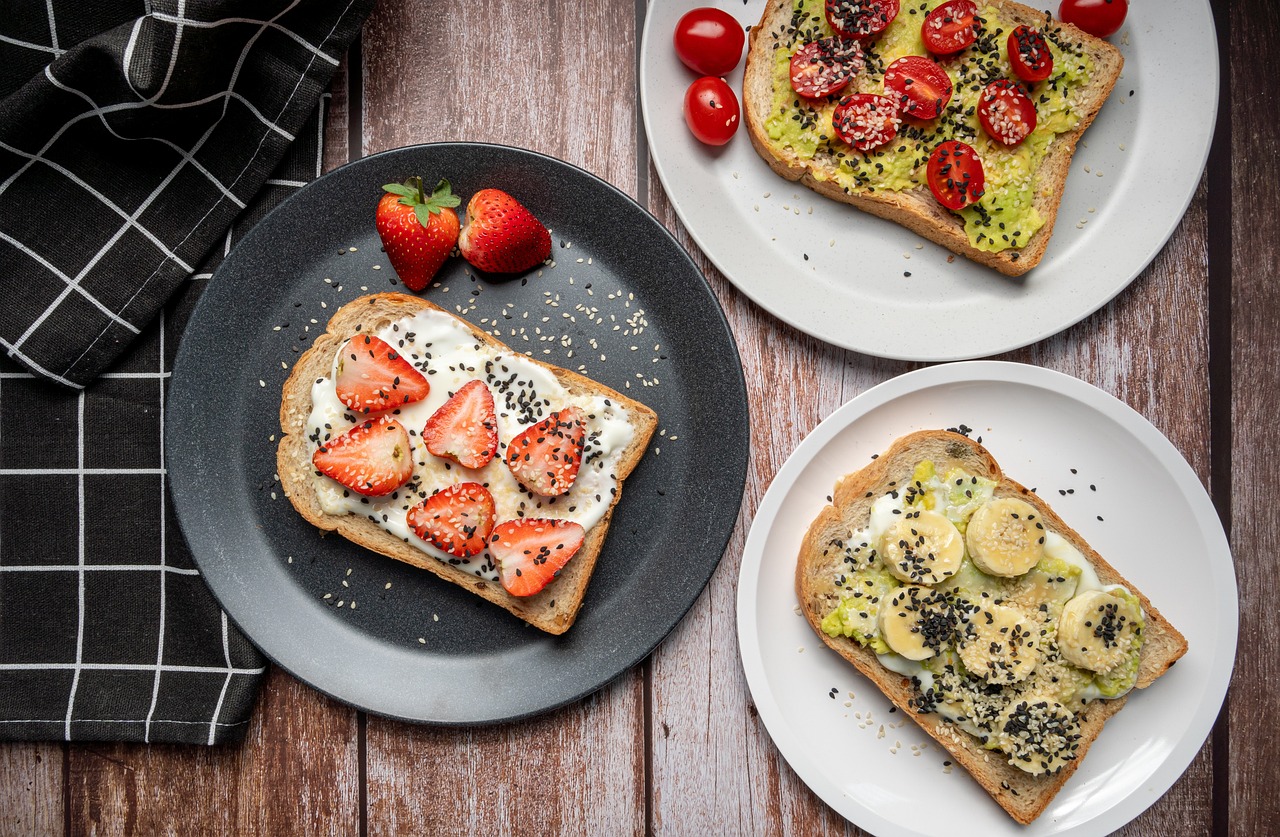Trader Joe’s Chia Seeds have gained popularity among health enthusiasts for their impressive nutritional profile and versatility. In this article, we will delve into the nutritional benefits, various uses, and potential downsides of these tiny seeds, assisting you in determining whether they align with your dietary needs.
Chia seeds are small black seeds derived from the Salvia hispanica plant, native to Mexico and Guatemala. These seeds are revered for their high nutrient content, including omega-3 fatty acids, fiber, and protein. Their unique ability to absorb water and form a gel-like consistency makes them a popular ingredient in many recipes.
Trader Joe’s chia seeds are often favored for their combination of quality and affordability. The brand is dedicated to promoting healthy eating, ensuring that their products are free from artificial additives. Customers appreciate the transparency regarding sourcing and processing, which adds to the overall appeal.
Chia seeds are a powerhouse of nutrients. They are particularly rich in omega-3 fatty acids, which are essential for heart health. Additionally, they are loaded with fiber, aiding in digestion and promoting a feeling of fullness. A single ounce of chia seeds provides approximately 11 grams of fiber, making them an excellent choice for those looking to increase their fiber intake.
Incorporating chia seeds into your meals is easy and versatile. Here are some popular ways to use them:
- Add them to smoothies for added texture and nutrition.
- Mix them into oatmeal or yogurt for a nutritious breakfast.
- Use them in baked goods as an egg substitute or to enhance the nutritional profile.
- Create chia pudding by soaking them in milk or a dairy-free alternative.
While chia seeds are generally safe for most people, consuming them in excessive amounts can lead to digestive discomfort, including bloating and gas. It is recommended to start with a small serving and gradually increase intake. Additionally, individuals with allergies to sesame or mustard seeds should consult a healthcare professional before trying chia seeds.
When comparing Trader Joe’s chia seeds to other brands, consider factors such as price, quality, and sourcing practices. Trader Joe’s typically offers competitive pricing without compromising on quality, making them an attractive option for budget-conscious shoppers.
Chia seeds can be utilized in a variety of delicious recipes, including:
- Chia pudding with fruits and nuts.
- Homemade energy bars for a nutritious snack.
- Chia jam as a healthy spread.
- Salad dressings for added texture and nutrients.
To maintain the freshness and nutritional value of chia seeds, store them in a cool, dry place, preferably in an airtight container. Keeping them away from direct sunlight and moisture will prolong their shelf life.
While chia seeds offer numerous health benefits, they may not be suitable for everyone. Individuals with certain medical conditions, such as gastrointestinal issues, should consult with a healthcare provider before incorporating them into their diet.
Customer reviews often highlight the taste, texture, and affordability of Trader Joe’s chia seeds. Many users appreciate the quality of the seeds and their effectiveness in enhancing various dishes, contributing to their growing popularity.

What Are Chia Seeds?
Chia seeds are small, flat, and oval-shaped seeds that originate from the Salvia hispanica plant, which is native to Mexico and Guatemala. These seeds have gained immense popularity in recent years due to their impressive nutritional profile and versatility in various culinary applications. Despite their diminutive size, chia seeds are packed with essential nutrients, making them a valuable addition to any diet.
One of the most notable characteristics of chia seeds is their ability to absorb liquid, expanding up to ten times their original size when soaked. This property not only enhances their texture but also makes them an excellent ingredient for creating thickening agents in recipes like puddings and smoothies. Their mild, nutty flavor ensures they can be seamlessly incorporated into both sweet and savory dishes.
Chia seeds are a powerhouse of nutrients. They are particularly rich in omega-3 fatty acids, which are crucial for maintaining heart health and reducing inflammation. Additionally, they are an excellent source of dietary fiber, providing about 11 grams per ounce. This high fiber content aids in digestion, promotes a feeling of fullness, and helps regulate blood sugar levels. Furthermore, chia seeds are packed with protein, containing all nine essential amino acids, making them a fantastic option for vegetarians and vegans looking to boost their protein intake.
In addition to their nutritional benefits, chia seeds are also known for their high antioxidant content. Antioxidants play a vital role in combating oxidative stress and inflammation in the body, contributing to overall health and wellness. The combination of these nutrients makes chia seeds a versatile and powerful superfood.
Incorporating chia seeds into your diet is simple and convenient. They can be added to a variety of dishes, including:
- Smoothies
- Oatmeal
- Baked goods like muffins and bread
- Salads and dressings
- Yogurt or dairy alternatives
To maximize their benefits, it is recommended to soak chia seeds in water or another liquid before consumption. This not only enhances their digestibility but also allows for better nutrient absorption. A common ratio is one part chia seeds to six parts liquid, allowing them to absorb moisture and create a gel-like consistency.
However, while chia seeds are generally safe for most individuals, it is essential to consume them in moderation. Excessive intake may lead to digestive discomfort, especially if not adequately hydrated. Individuals with specific medical conditions or those taking certain medications should consult with a healthcare professional before adding chia seeds to their diet.
In summary, chia seeds are a tiny yet mighty superfood that offers a plethora of health benefits. Their rich nutritional profile, coupled with their versatility in the kitchen, makes them an excellent choice for anyone looking to enhance their diet. Whether you are a health enthusiast or simply looking to incorporate more nutritious options into your meals, chia seeds can be a fantastic addition.
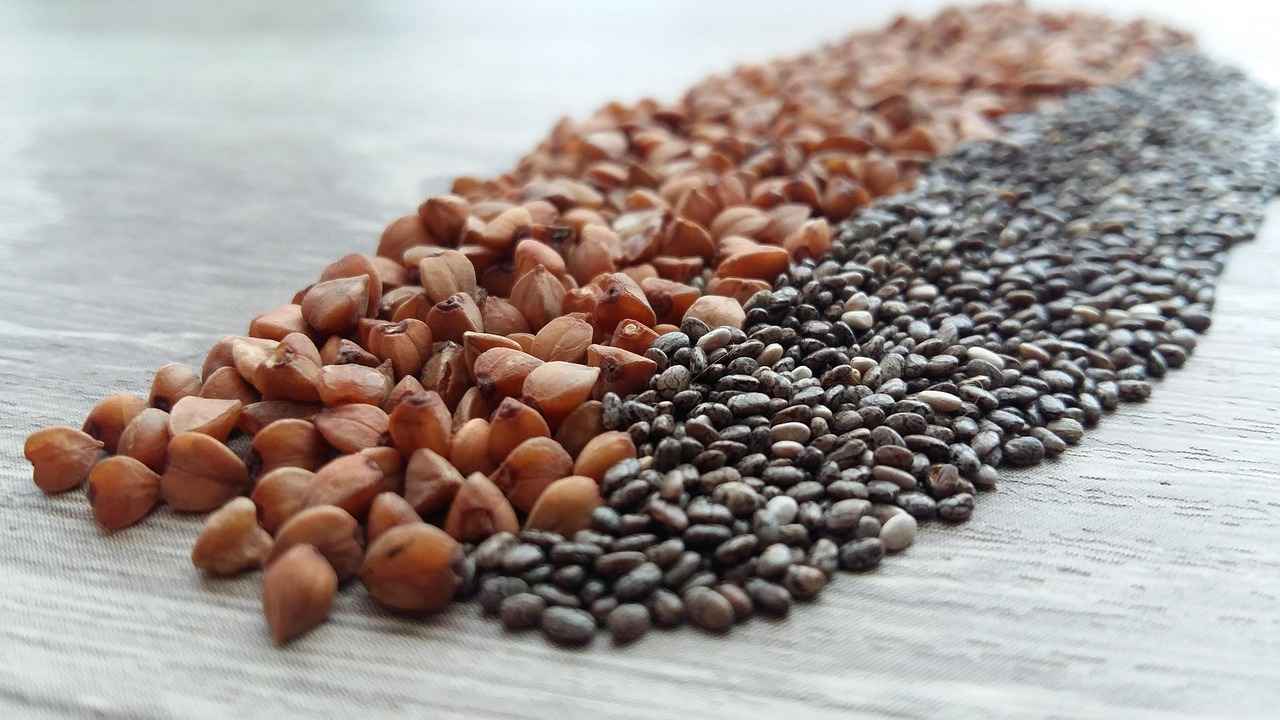
Why Choose Trader Joe’s Chia Seeds?
When it comes to incorporating nutritious ingredients into your diet, Trader Joe’s chia seeds stand out as a popular choice among health-conscious consumers. This article delves into the reasons why these seeds have gained such a strong following, focusing on their quality, affordability, and the brand’s commitment to promoting healthy eating habits.
Trader Joe’s prides itself on providing high-quality products, and their chia seeds are no exception. Sourced from reputable suppliers, these seeds are often praised for their freshness and nutritional integrity. They undergo rigorous testing to ensure they meet the brand’s high standards, making them a reliable option for consumers.
One of the most appealing aspects of Trader Joe’s chia seeds is their affordability. Compared to other health food stores, Trader Joe’s offers competitive prices, allowing customers to enjoy the benefits of chia seeds without breaking the bank. This commitment to affordability makes it easier for individuals and families to incorporate these nutrient-dense seeds into their daily diets.
Trader Joe’s has built its brand around the idea of promoting healthy eating and lifestyle choices. The company focuses on providing products that are free from artificial additives and preservatives, which aligns with the growing demand for clean eating. By choosing Trader Joe’s chia seeds, consumers are not only opting for a nutritious food source but also supporting a brand that prioritizes health and sustainability.
Another reason to choose Trader Joe’s chia seeds is their versatility. These tiny seeds can be easily incorporated into a variety of dishes, from smoothies and oatmeal to baked goods and salads. Their ability to absorb liquid and form a gel-like consistency makes them an excellent thickening agent, perfect for creating delicious puddings or jams. This versatility encourages creativity in the kitchen, allowing you to experiment with different recipes and flavors.
Chia seeds are renowned for their impressive nutritional profile. They are rich in omega-3 fatty acids, fiber, and protein, making them a fantastic addition to any diet. Regular consumption of chia seeds can contribute to improved digestion, enhanced heart health, and sustained energy levels throughout the day. By choosing Trader Joe’s chia seeds, you are investing in your health and well-being.
Customer reviews often highlight the positive experiences of those who have chosen Trader Joe’s chia seeds. Many users comment on their taste and texture, noting that they blend seamlessly into various dishes without overpowering flavors. The affordability and quality of these seeds have contributed to their popularity, making them a staple in many households.
In summary, Trader Joe’s chia seeds are an exceptional choice for anyone looking to enhance their diet with a nutritious, versatile, and affordable ingredient. With their commitment to quality, health, and customer satisfaction, it’s no wonder that these seeds have become a favored option in the health food community.

What Nutritional Benefits Do Chia Seeds Offer?
Chia seeds, often hailed as a “superfood,” are packed with essential nutrients that can significantly enhance your overall health. These tiny seeds are derived from the Salvia hispanica plant and are recognized for their impressive nutritional profile. In this section, we will explore the various nutritional benefits that chia seeds offer, making them a valuable addition to your diet.
One of the standout features of chia seeds is their high content of omega-3 fatty acids. These healthy fats are crucial for maintaining heart health, as they help reduce inflammation and lower the risk of heart disease. Incorporating chia seeds into your diet can contribute to better cardiovascular function, making them an excellent choice for those looking to improve their heart health.
Chia seeds are also an exceptional source of dietary fiber, which plays a vital role in digestive health. A single ounce of chia seeds contains about 11 grams of fiber, which can aid in promoting regular bowel movements and preventing constipation. Moreover, fiber can help regulate blood sugar levels and support weight management by increasing feelings of fullness.
For those seeking to increase their protein intake, chia seeds provide a plant-based source of protein. They contain all nine essential amino acids, making them a complete protein source. This is particularly beneficial for vegetarians and vegans who may struggle to meet their protein needs through traditional sources.
Chia seeds are loaded with antioxidants, which help combat oxidative stress in the body. Antioxidants play a crucial role in protecting cells from damage caused by free radicals, potentially reducing the risk of chronic diseases and promoting overall health.
Another significant benefit of chia seeds is their contribution to bone health. They are rich in calcium, magnesium, and phosphorus—essential minerals that support bone density and strength. Regular consumption of chia seeds may help maintain healthy bones and reduce the risk of osteoporosis.
Chia seeds have the unique ability to absorb water and expand in size, creating a gel-like substance. This property can aid in hydration and help maintain electrolyte balance in the body. Consuming chia seeds can be particularly beneficial during exercise, as they can help keep you hydrated for longer periods.
To reap the full benefits of chia seeds, it’s essential to incorporate them into your diet correctly. Here are some practical tips:
- Soak Them: Soaking chia seeds in water or your favorite beverage for at least 30 minutes can enhance their digestibility and nutrient absorption.
- Add to Smoothies: Blend chia seeds into smoothies for a nutritional boost.
- Sprinkle on Salads: Add a tablespoon of chia seeds to salads for added crunch and nutrition.
- Baking: Incorporate chia seeds into baked goods like muffins or bread for enhanced texture and health benefits.
In summary, chia seeds are a powerhouse of nutrients that offer numerous health benefits. From promoting heart health and aiding digestion to supporting bone strength and providing hydration, these tiny seeds can play a significant role in a balanced diet. Consider adding Trader Joe’s chia seeds to your pantry to enjoy these remarkable health benefits.

How to Incorporate Chia Seeds into Your Diet?
Chia seeds are not only a nutritional powerhouse but also a versatile ingredient that can effortlessly enhance your meals. If you’re looking to incorporate these tiny seeds into your diet, you’ll be pleased to discover a variety of simple and delicious ways to do so.
One of the easiest ways to enjoy chia seeds is by adding them to your smoothies. They blend seamlessly with fruits and vegetables, providing a nutritional boost without altering the flavor. Simply add a tablespoon of chia seeds to your favorite smoothie recipe, and enjoy the added benefits of omega-3 fatty acids and fiber.
Chia seeds can also be mixed into your morning oatmeal. Not only do they add a delightful texture, but they also help thicken your oatmeal as they absorb liquid. To incorporate chia seeds into your oatmeal:
- Prepare your oatmeal as usual.
- Stir in a tablespoon of chia seeds while cooking.
- Let it sit for a few minutes to allow the seeds to swell.
This method enhances the nutritional profile of your breakfast, making it more filling and satisfying.
Chia seeds are a fantastic addition to baked goods. Whether you’re making muffins, bread, or pancakes, you can easily incorporate them into the batter. Here’s how:
- Add 2 tablespoons of chia seeds to your dry ingredients.
- For added moisture, consider mixing chia seeds with water (1 tablespoon of seeds with 2.5 tablespoons of water) to create a chia gel, which can replace eggs in vegan baking.
This not only boosts the fiber content of your baked goods but also contributes to a moist texture.
Another popular way to incorporate chia seeds is by making chia seed pudding. This is a quick and easy recipe that can serve as a nutritious breakfast or dessert:
Ingredients:- 1 cup of almond milk (or any milk of your choice)- 1/4 cup of chia seeds- 1 tablespoon of sweetener (honey, maple syrup, or agave)- Optional toppings: fruits, nuts, or granolaInstructions:1. In a bowl, mix the almond milk, chia seeds, and sweetener.2. Stir well and let it sit for about 10 minutes.3. Stir again to prevent clumping and refrigerate for at least 2 hours or overnight.4. Top with your favorite fruits or nuts before serving.
This pudding is not only delicious but also packed with nutrients, making it a fantastic addition to your diet.
Chia seeds can also enhance your salads. Simply sprinkle them over your salad for a nutritional upgrade. They add a nice crunch and blend well with dressings. You can also prepare a chia vinaigrette by mixing chia seeds with olive oil, vinegar, and your choice of herbs.
In summary, chia seeds are a versatile ingredient that can be easily added to a variety of meals, from smoothies and oatmeal to baked goods and salads. Their adaptability allows you to enjoy the numerous health benefits they provide while enhancing the taste and texture of your favorite dishes.
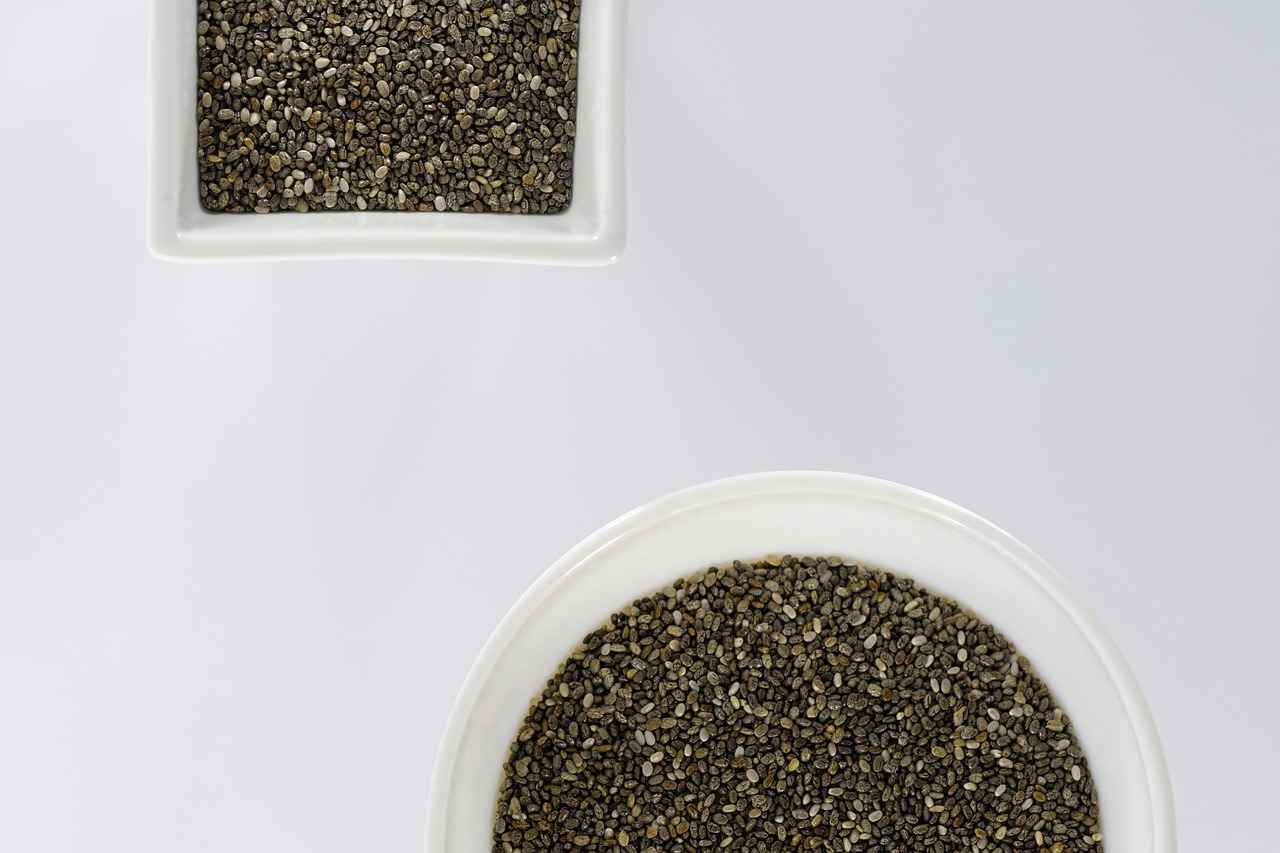
Are There Any Potential Downsides to Eating Chia Seeds?
Chia seeds have gained immense popularity in recent years, celebrated for their numerous health benefits. However, like any food, they come with their own set of potential downsides that consumers should be aware of. Understanding these risks is essential for making informed dietary choices.
While chia seeds are generally considered safe for most people, excessive consumption can lead to various digestive issues. These tiny seeds are incredibly high in fiber, which, when consumed in large quantities, can result in discomfort such as bloating, gas, and even constipation. It is recommended that individuals gradually introduce chia seeds into their diet to allow their digestive systems to adjust.
Though rare, some individuals may experience allergic reactions to chia seeds. Symptoms can range from mild to severe and may include itching, swelling, or difficulty breathing. If you have a history of allergies to seeds or nuts, it may be wise to consult with a healthcare provider before incorporating chia seeds into your diet.
Chia seeds can also interact with certain medications, particularly those that affect blood sugar levels or blood pressure. Their high fiber content may alter the absorption of some medications, leading to unintended side effects. If you are on medication, it is crucial to discuss your chia seed consumption with your doctor to avoid any potential complications.
Pregnant and nursing women should exercise caution when consuming chia seeds. While they are generally safe, the high fiber content can lead to digestive discomfort. Additionally, the omega-3 fatty acids in chia seeds can impact blood clotting, so it is advisable to consult with a healthcare provider to determine the appropriate amount.
Individuals with certain gastrointestinal disorders, such as irritable bowel syndrome (IBS) or inflammatory bowel disease (IBD), may find that chia seeds exacerbate their symptoms. The high fiber content can be a double-edged sword, providing benefits for some while causing discomfort for others. It is important for those with these conditions to monitor their body’s response to chia seeds and consult with a healthcare professional.
To enjoy the benefits of chia seeds while minimizing potential downsides, consider starting with small amounts—about one tablespoon per day—and gradually increasing your intake as your body adjusts. Soaking chia seeds in water or another liquid before consumption can also help reduce the risk of digestive issues, as this process makes them easier to digest.
If you notice any adverse effects after consuming chia seeds, it is advisable to discontinue use and consult a healthcare professional. Keeping a food diary can also help identify any triggers related to your diet.
In summary, while chia seeds are a nutritious addition to many diets, it is essential to be aware of the potential downsides associated with their consumption. By taking a cautious approach and consulting with healthcare professionals when necessary, you can safely enjoy the benefits of this superfood.

How Do Trader Joe’s Chia Seeds Compare to Other Brands?
When it comes to choosing the right chia seeds for your diet, many factors come into play. Trader Joe’s chia seeds are often compared to other brands based on various criteria such as price, quality, and sourcing practices. This comparison can significantly influence your purchasing decision and overall satisfaction with the product.
One of the first aspects consumers consider is price. Trader Joe’s chia seeds are typically priced competitively compared to other brands. Many shoppers appreciate that they can purchase a high-quality product without breaking the bank. For instance, a standard package of Trader Joe’s chia seeds might cost around $5.99 for 12 ounces, while other brands can range from $7 to $10 for similar quantities. This affordability makes Trader Joe’s a popular option for budget-conscious consumers.
Quality is another crucial factor in the comparison. Trader Joe’s chia seeds are known for their freshness and nutritional value. They are often sourced from reputable suppliers who prioritize organic farming practices. In contrast, some other brands may not disclose their sourcing practices as transparently. Consumers looking for high-quality chia seeds should consider not only the nutritional content but also the overall integrity of the sourcing.
When evaluating chia seeds, it’s essential to look into the sourcing practices of each brand. Trader Joe’s is committed to ethical sourcing, ensuring that their chia seeds are non-GMO and organic. This commitment resonates with health-conscious consumers who prioritize sustainability. In comparison, some competitors might use less stringent sourcing methods, which can affect both the quality and safety of their products.
Customer feedback often plays a significant role in the decision-making process. Many reviews highlight the taste and texture of Trader Joe’s chia seeds, noting that they are easy to incorporate into various meals. Shoppers frequently mention that they appreciate the affordability and consistent quality of these seeds, which adds to their popularity. In contrast, some other brands may receive mixed reviews regarding taste or freshness, which can deter potential buyers.
Accessibility is another factor that can influence your choice. Trader Joe’s has a loyal customer base due to its unique store locations, making it a convenient option for many. However, if you live in an area without a Trader Joe’s, you may need to seek out other brands available at local grocery stores or online retailers. Some popular brands can be found on platforms like Amazon, but they may not always offer the same competitive pricing.
Ultimately, the decision to choose Trader Joe’s chia seeds over other brands comes down to personal preference and priorities. If you value affordability, quality, and ethical sourcing, Trader Joe’s may be the best option for you. However, it’s always a good idea to explore various brands and read reviews to find the chia seeds that best meet your dietary needs and preferences. By considering these factors, you can make an informed decision that aligns with your health goals.
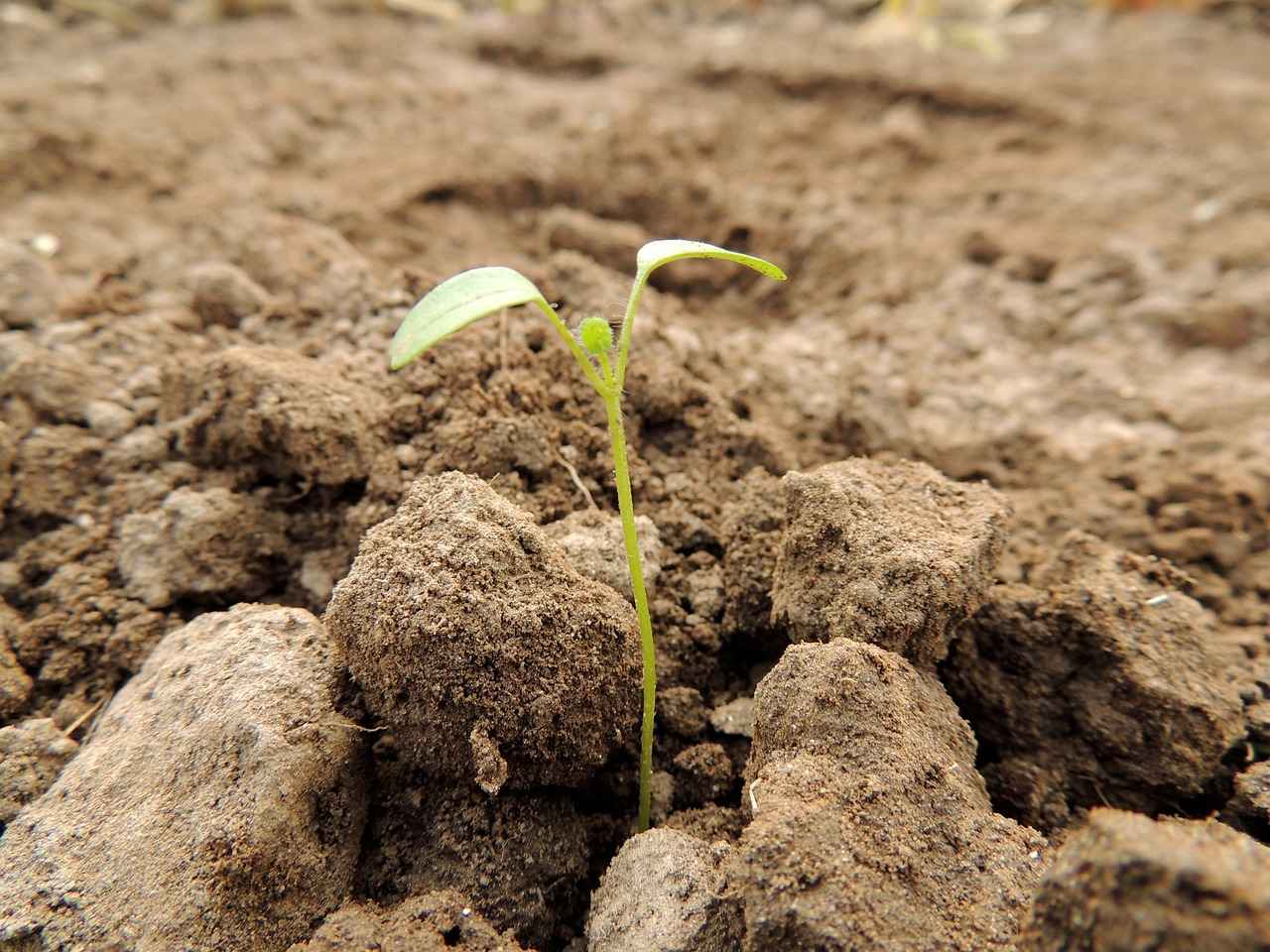
What Are Some Popular Recipes Using Chia Seeds?
Chia seeds have gained immense popularity in the culinary world, thanks to their nutritional benefits and remarkable versatility. These tiny seeds can be incorporated into a wide range of dishes, making them a favorite among health enthusiasts and home cooks alike. Below, we explore some exciting and delicious recipes that showcase the many ways you can enjoy chia seeds.
- Chia Seed Pudding: One of the most popular ways to enjoy chia seeds is by making a creamy pudding. Simply mix 3 tablespoons of chia seeds with 1 cup of your favorite milk (almond, coconut, or dairy) and a sweetener of your choice. Let it sit in the fridge for a few hours or overnight until it thickens. Top with fruits, nuts, or granola for added flavor and texture.
- Chia Jam: Chia seeds can also be used to make a healthy jam. Combine 2 cups of fresh or frozen fruit with 2 tablespoons of chia seeds and a sweetener like honey or maple syrup. Cook the mixture on low heat until it thickens, then cool and store in the fridge. This jam is perfect for spreading on toast or adding to yogurt.
- Energy Bars: For a quick snack, try making your own energy bars. Blend 1 cup of oats, 1/2 cup of nut butter, 1/4 cup of honey, and 1/4 cup of chia seeds. Press the mixture into a baking dish and refrigerate until firm. Cut into bars for a nutritious on-the-go snack!
- Salad Dressings: Chia seeds can enhance your salad dressings by adding texture and nutrition. Whisk together 1/4 cup of olive oil, 2 tablespoons of apple cider vinegar, 1 tablespoon of chia seeds, and seasonings of your choice. Let it sit for a few minutes to allow the chia seeds to expand before drizzling over your favorite salad.
- Chia Seed Smoothies: Add a boost of nutrition to your smoothies by including chia seeds. Blend 1 banana, 1 cup of spinach, 1 tablespoon of chia seeds, and your choice of liquid (water, juice, or milk). This smoothie is not only healthy but also incredibly filling.
These recipes highlight just a fraction of the culinary possibilities that chia seeds offer. Their ability to absorb liquid and form a gel-like consistency makes them an excellent thickening agent, while their neutral flavor allows them to blend seamlessly into both sweet and savory dishes. Whether you are looking to enhance your breakfast, create a nutritious snack, or elevate your salads, chia seeds are an incredibly versatile ingredient that can fit into various meal plans.
By incorporating chia seeds into your diet, you not only enjoy their health benefits but also explore a world of culinary creativity. From puddings to dressings, the options are endless!
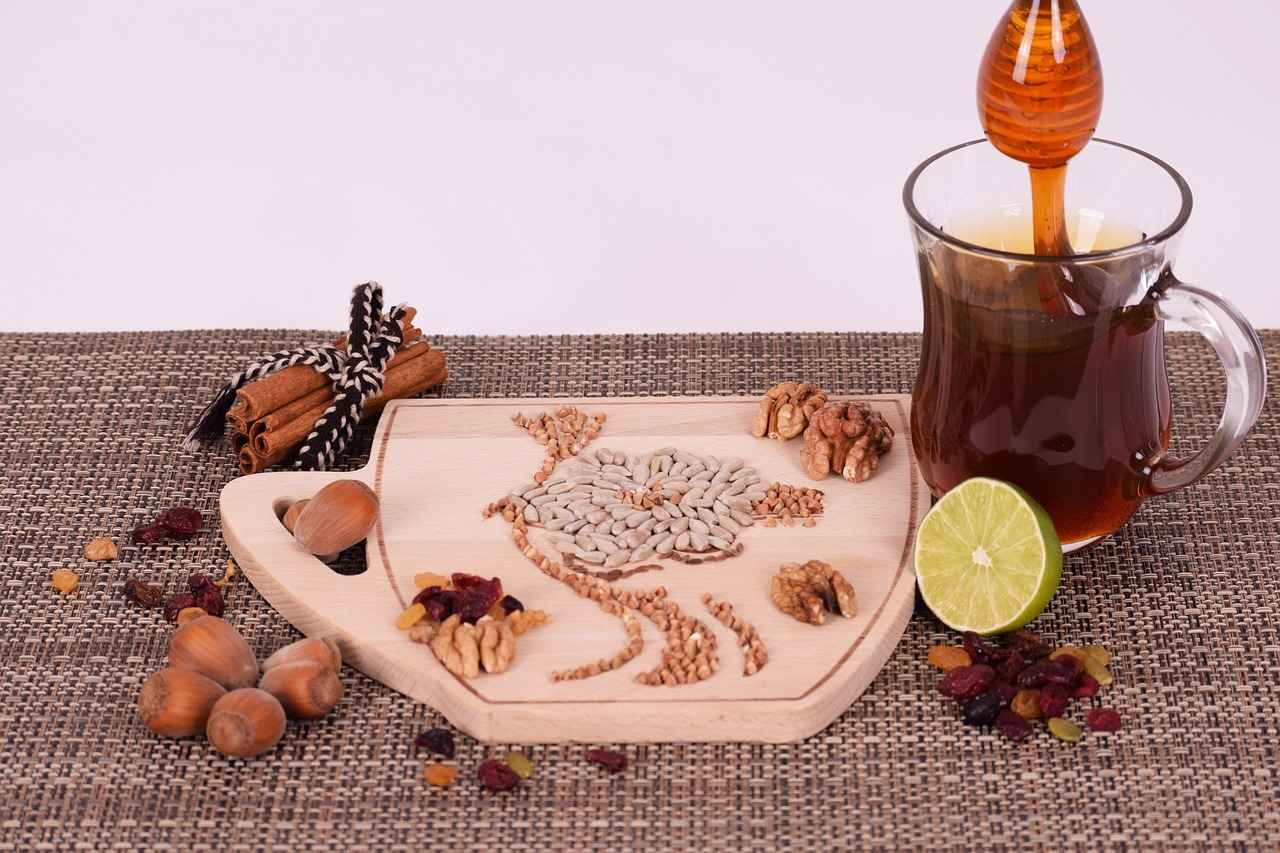
How to Store Chia Seeds for Maximum Freshness?
Chia seeds have gained immense popularity in recent years, not only for their nutritional benefits but also for their versatility in various recipes. However, to fully enjoy these benefits, it is crucial to understand how to store chia seeds properly.
Proper storage of chia seeds is essential to maintain their nutritional value and freshness. When exposed to heat, light, or moisture, chia seeds can lose their beneficial properties and become rancid. This not only affects their taste but also diminishes the health benefits they offer.
- Cool Temperatures: Store chia seeds in a cool environment, ideally below 70°F (21°C). High temperatures can accelerate the degradation of their healthy fats.
- Dry Environment: Moisture can lead to mold growth. Always ensure that the storage container is completely dry before adding chia seeds.
- Darkness: Exposure to light can cause oxidative stress on the seeds. Use opaque containers or store them in a dark cupboard to minimize light exposure.
Choosing the right container is vital for preserving chia seeds. Here are some recommendations:
- Glass Jars: Airtight glass jars are excellent for keeping chia seeds fresh. They prevent air and moisture from entering.
- Plastic Containers: If using plastic, ensure it is BPA-free and has a tight seal.
- Vacuum-Sealed Bags: For long-term storage, consider vacuum-sealing chia seeds to remove air and moisture.
When stored properly, chia seeds can last for up to two years. However, it’s important to check for any signs of spoilage, such as an off smell or discoloration, before use. Keeping track of the purchase date can help you monitor their freshness.
Yes, chia seeds can be frozen for extended shelf life. Freezing can help preserve their nutrients and prevent rancidity. Just be sure to store them in an airtight container to prevent moisture absorption.
Even with proper storage, chia seeds can spoil. Here are some signs to look out for:
- Unpleasant Odor: Fresh chia seeds have a mild, nutty aroma. If they smell rancid or off, it’s best to discard them.
- Change in Color: Fresh seeds are typically black or dark brown. Any discoloration may indicate spoilage.
- Texture Changes: If the seeds feel sticky or clump together, they may have absorbed moisture and should not be consumed.
In conclusion, proper storage of chia seeds is vital for maintaining their nutritional value and ensuring they remain safe for consumption. By keeping them in a cool, dry, and dark place, using the right containers, and monitoring their freshness, you can enjoy the numerous health benefits that chia seeds offer for a long time.

Are Chia Seeds Suitable for Everyone?
Chia seeds have gained immense popularity due to their numerous health benefits and versatility in various diets. However, not everyone may be suitable to include them in their meals. This article delves into the factors that might affect the suitability of chia seeds for certain individuals.
While chia seeds are generally considered safe for most people, individuals with specific medical conditions should exercise caution. For instance:
- Digestive Disorders: Those with gastrointestinal issues, such as irritable bowel syndrome (IBS), may experience discomfort due to the high fiber content in chia seeds.
- Allergies: Although rare, some individuals may have allergies to chia seeds, leading to symptoms such as itching or swelling.
- Blood Thinners: Chia seeds are rich in omega-3 fatty acids, which can have a blood-thinning effect. Those on anticoagulant medications should consult their healthcare provider before adding them to their diet.
People following specific dietary restrictions may also need to consider the implications of including chia seeds in their meals:
- Vegan and Vegetarian Diets: Chia seeds are a great source of plant-based protein and omega-3 fatty acids, making them an excellent choice for those following vegan or vegetarian diets.
- Gluten-Free Diets: Chia seeds are naturally gluten-free, making them a safe option for individuals with celiac disease or gluten intolerance.
Before making any significant dietary changes, especially if you have existing health conditions or concerns, it is always wise to consult with a healthcare provider. They can provide personalized advice based on your health history and current medications.
If you receive the green light from your healthcare provider, consider introducing chia seeds gradually into your diet. Start with small amounts, such as one teaspoon, and monitor how your body reacts. This approach can help you avoid potential digestive discomfort while allowing you to enjoy the health benefits of chia seeds.
In summary, while chia seeds offer a wealth of nutritional benefits, they may not be suitable for everyone. It’s crucial to consider individual health conditions and dietary restrictions. By consulting with a healthcare provider and introducing chia seeds cautiously, you can make informed choices that align with your health goals.

What Do Customers Say About Trader Joe’s Chia Seeds?
When it comes to health foods, Trader Joe’s chia seeds have garnered a significant amount of attention from consumers. Many customer reviews highlight their taste, texture, and affordability, which contribute to their growing popularity. But what exactly are customers saying about these tiny seeds?
One of the primary reasons customers rave about Trader Joe’s chia seeds is their affordability. Compared to other brands, Trader Joe’s offers competitive pricing without compromising on quality. Customers often express satisfaction with the value they receive, making it easier for them to incorporate these nutritious seeds into their daily diets.
Many reviews emphasize the pleasant taste and versatile texture of Trader Joe’s chia seeds. Unlike some other brands that may have a bitter aftertaste, customers report that these seeds blend seamlessly into various dishes. Whether added to smoothies, oatmeal, or baked goods, the seeds absorb liquid and create a satisfying gel-like consistency, enhancing the overall eating experience.
- Breakfast Boost: Many customers sprinkle chia seeds on their morning yogurt or oatmeal for an added nutritional punch.
- Healthy Snacks: Chia seeds are often used in homemade energy bars and snacks, providing a source of sustained energy.
- Baking Ingredient: Some customers incorporate chia seeds into their baking recipes, such as muffins and bread, for added fiber and protein.
While the majority of reviews are positive, some customers have noted concerns regarding packaging and freshness. A few have mentioned that the seeds can clump together if not stored properly, which may affect their usability. However, these issues seem to be relatively minor compared to the overall satisfaction expressed by consumers.
Customers are often drawn to the nutritional benefits of chia seeds, which are rich in omega-3 fatty acids, fiber, and protein. Many reviews mention how easy it is to incorporate these seeds into their diets, leading to improved digestion and overall health. The seeds are celebrated not just for their health benefits but also for their ability to help customers feel fuller for longer, making them a popular choice for those looking to manage their weight.
Overall, the consensus among customers is overwhelmingly positive. Many recommend Trader Joe’s chia seeds to friends and family, citing their affordability, taste, and nutritional value as key factors. The brand’s commitment to quality and customer satisfaction further enhances their appeal.
In summary, customer reviews reveal that Trader Joe’s chia seeds are not only a popular choice among health-conscious individuals but also a reliable option for those seeking to enhance their diets. With positive feedback on taste, texture, and affordability, it’s clear why these tiny seeds have found a place in many households.
Frequently Asked Questions
- What are the main health benefits of chia seeds?
Chia seeds are packed with omega-3 fatty acids, fiber, and protein, which can help improve digestion, support heart health, and provide sustained energy throughout the day.
- How can I add chia seeds to my meals?
You can sprinkle chia seeds on your smoothies, mix them into oatmeal, or even use them in baking. They’re super versatile and can boost the nutrition of almost any dish!
- Are there any side effects of consuming chia seeds?
While chia seeds are generally safe, consuming them in excess may lead to digestive issues or allergic reactions in some people. Always start with a small amount to see how your body reacts.
- How do Trader Joe’s chia seeds differ from other brands?
Trader Joe’s chia seeds are often praised for their affordability and quality. They are sourced with care, ensuring you get a great product without breaking the bank!
- Can anyone eat chia seeds?
Most people can enjoy chia seeds, but if you have specific health conditions or dietary restrictions, it’s wise to consult with a healthcare provider before adding them to your diet.



